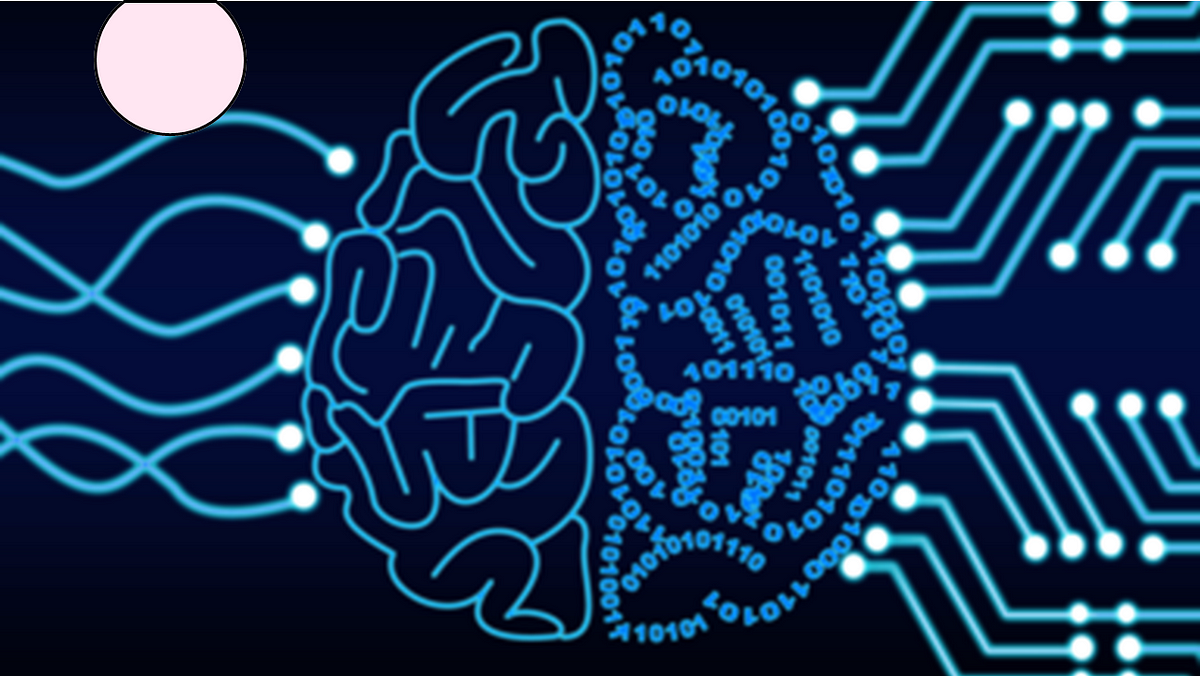It is true that the field of AI has made a lot of progress, but there are still many shortcomings compared to humans. If the ultimate goal of AI is to mimic all the functions the human brain performs, it is imperative to think about what the human brain can do but the current AI cannot do. Relatedly, we share an introduction to five of the key functions the human brain performs. This is an article written on Medium by Jesus Rodriguez of IntoTheBlock, an AI-based cryptocurrency company.

In this article, there are five functions that the current AI does not have, but the human brain performs well: attention, episodic memory, imagination, inference, and continual learning.
- Attentionis the ability to focus only on what is interesting and important, but exclude other factors. With this ability, humans can only hear the voices they want to hear, even when multiple people are talking at the same time, and can extract only the parts that they think are important from numerous visual information.
- Episodic memoryis an event repository in the brain, and humans can not only remember things one after another, but also infer the relationships between them and connect them conceptually. This is different from just storing data on a computer, conceptually overwriting redundant memories, or deleting less important memories over time.
- Imaginationis the ability to predict the future, which is similar to the predictive model of today's AI in that it predicts the future from data from the past, but it is quite different from the way human imagination works. Rather, I think the closer concept is tree search, simulation, and self-play of reinforcement learning that appear in game theory.
- Inferenceis the ability to solve similar situations based on the knowledge you already know, that is, the ability to generalize. Most AI technologies are optimized only for learned tasks and cannot solve similar but differing tasks. Meta learning or few-shot learning, which has been actively studied recently, can be considered to be related to this topic.
- Continual learningmeans the ability to constantly acquire new knowledge while remembering what you already know. This goes beyond simply accumulating and acquiring new knowledge, and it even connects organically to existing knowledge by conceptually conflicting or drawing similar relationships. Many AI technologies are taught in one task and then attempted to learn with another task, and the previously learned content is often destroyed rather than maintained. DeepMind has announced a technology to overcome this, but this concept has not yet been applied to most AI technologies.
Since the functions performed by humans are so diverse and complex, AI studies so far have focused on solving each problem after dividing human functions into unit functions with clear input and output such as speech recognition, speech synthesis, and knowledge Q&A. It is true that some achievements are being made in these areas, but this kind of unit technology alone cannot mimic humans. In the future, it is expected that research on the overall operation method when unit functions are combined as well as the five abilities presented above should be conducted.







